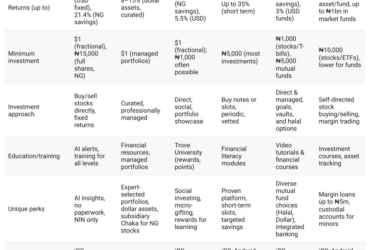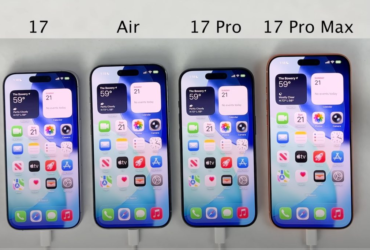Within the realm of Africa-focused remittance startups, a multitude of recognizable names like Lemfi, NALA, Raenest, and Leatherback populate the sector. These prominent companies heavily depend on lesser-known payment entities to thrive.
One such entity is Fincra, a B2B startup that furnishes payment infrastructure to facilitate cross-border transactions for remittance companies. In the year 2023 alone, Fincra managed $10 billion in transactions for clients such as Lemfi, OneLiquidity, and Cleva, showcasing profitability without disclosing specific numbers.
Remaining primarily self-funded, with a modest $250,000 investment from Techstars in 2022, Fincra’s founder Ayodele advocates for organic growth rather than relying on external funding as the cornerstone of the company’s strategy.
As African enterprises expand globally and more Africans engage in remote work for international corporations, Fincra spearheads a cohort of startups streamlining cross-border payments. While facing competition from counterparts like Kora and Verto, Fincra sets itself apart with a distinctive payment infrastructure that simplifies the intricacies of cross-border transactions.
Rather than viewing competitors in a conventional light, Fincra adopts a perspective where potential rivals could actually turn out to be customers. This unconventional stance underscores Fincra’s commitment to empowering other businesses with its infrastructure, rather than engaging in direct market competition.
The journey of constructing a cross-border payment platform from scratch presents formidable challenges. Apart from sourcing skilled talent to develop such a sophisticated system, navigating the complex and varied regulations across multiple countries proves to be a significant obstacle.
In advocating for more cross-border solutions to facilitate the seamless flow of money within Africa, Ayodele underscores the necessity for multiple players to contribute to solving the continent’s cross-border challenges.
Fincra, currently operational in Ghana, Kenya, Uganda, the United Kingdom, Europe, and North America, with expansion plans into the Francophone region, envisions a presence in all 54 African countries. The company’s strategic roadmap includes potential ventures into Egypt and Ethiopia in the upcoming year.
Despite encountering security hurdles, especially in the aftermath of fraud incidents impacting Nigeria’s financial sector, Fincra remains committed to addressing fraud through technological advancements, ecosystem collaboration, and enhanced user awareness.
In terms of product offerings, Fincra has shifted its focus away from issuing virtual cards, aligning with a broader industry trend, due to concerns over sustainability and fraud risks associated with the prevalent workaround in the Nigerian fintech space.
Furthermore, Fincra’s decision to deprioritize virtual card issuance was influenced by the introduction of the Investors’ & Exporters’ FX Window by the Central Bank of Nigeria, which resolved a pertinent issue in the market.
While the company steers clear of launching consumer-facing products, it plans to introduce multi-currency accounts tailored for small businesses, emphasizing the value of building infrastructure to serve a broader customer base effectively.
In a significant development, Fincra secured a Third Party Payment Provider (TPPP) license in South Africa, enabling the provision of Pay-In and Pay-Out services, including card payments, to registered and pre-approved businesses in the country. Fincra is poised to commence operations in South Africa shortly, marking a pivotal milestone in its expansion journey.


















Leave a Reply